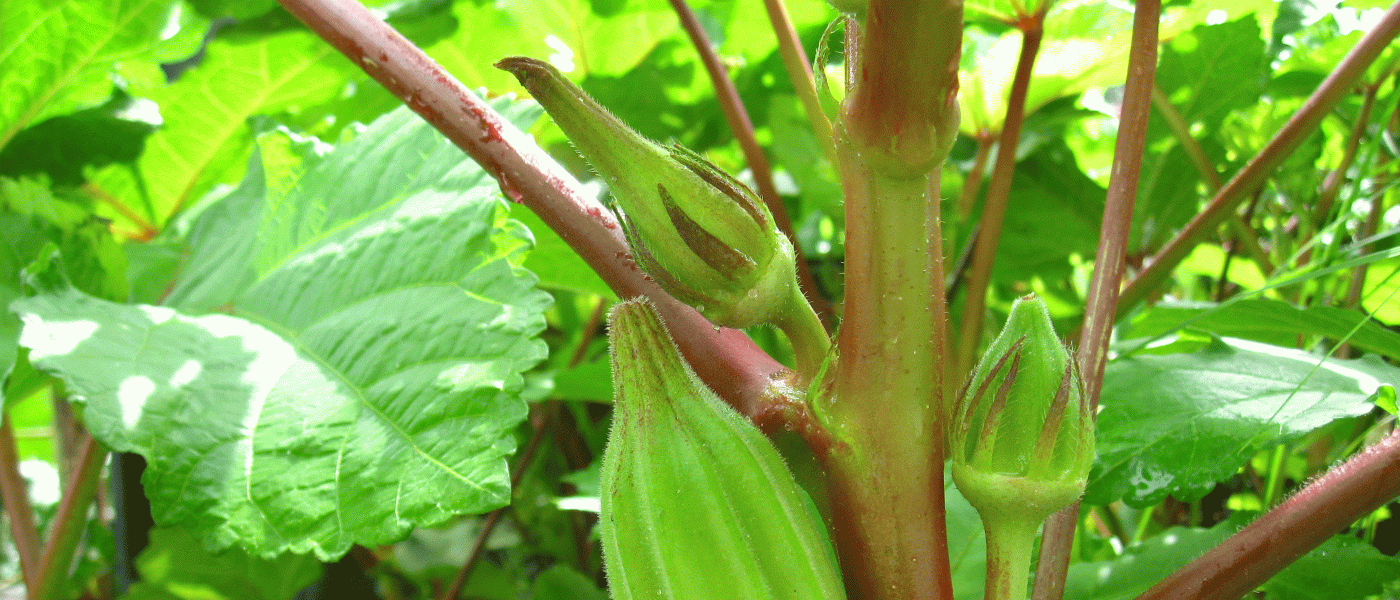Preserving African Heritage through Plants and Agriculture
When African people were taken to North America during the slave trade, they brought the knowledge of the food crops and growing traditions of their homes with them. Hundreds of years later, many of those crops and traditions offer an important link to the past.
“African people were able to create an enduring legacy using our food, our crops, and our know-how in powerful ways to sustain us in the lands in which we found ourselves,” says Christopher Bolden-Newsome, who gives the keynote speech for this year’s Making Brooklyn Bloom.
Bolden-Newsome has made it his mission to preserve the agricultural legacy that African people brought to North America and elsewhere in the diaspora. Born in Mississippi and the fourth generation of his family to farm free, Bolden-Newsome now codirects Sankofa Community Farm at Bartram’s Garden in Philadelphia, a three-acre garden devoted to crops, techniques, and traditions of Africa and the African diaspora.
Okra, purple hull peas, and African rice, for instance, are crops that originated in Africa, where they had been cultivated in nutrient-poor soil, says Bolden-Newsome. African people were able to grow these and similar crops in the American South during slavery and later. They also brought agricultural techniques like burning and interplanting of different crops to the plantations where they worked.
Some slaveholders would allow enslaved people to have their own plots, called truck gardens, says Bolden-Newsome. “It was often black women, who after hours of brutal work in the field, were given some time, sometimes on Sunday if you had benevolent slave masters, sometimes at the end of the day, where they could come and tend these truck gardens and thus ensure that the foods that had nourished us would continue to nourish their families in slavery and beyond.”
Bolden-Newsome talks more about how traditional African agriculture was adapted in the United States, how he and other Black farmers are preserving these traditions in urban settings, and the wider importance of traditional African American food and culture in She Hid Seeds in Her Hair: The Power of African Ancestral Foods, his keynote address for Making Brooklyn Bloom on Saturday, March 20 and Sunday, March 21.
Support
Brooklyn Botanic Garden gratefully acknowledges support for these programs from Brooklyn Community Foundation, the Family of Wilbur A. Levin, National Grid, NYS Office of Parks, Recreation and Historic Preservation, the NYS Assembly and NYS Senate, NYC Department of Cultural Affairs, the NYC Department of Sanitation, Brooklyn Borough President Eric L. Adams, Councilmembers Laurie Cumbo, Mathieu Eugene, and Alicka Ampry-Samuel, and the NYC Council.
Leadership Support, Community Greening Programs

Major Sponsor, Community Greening Programs



